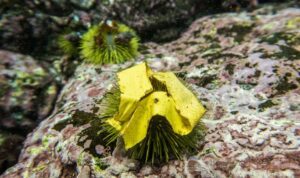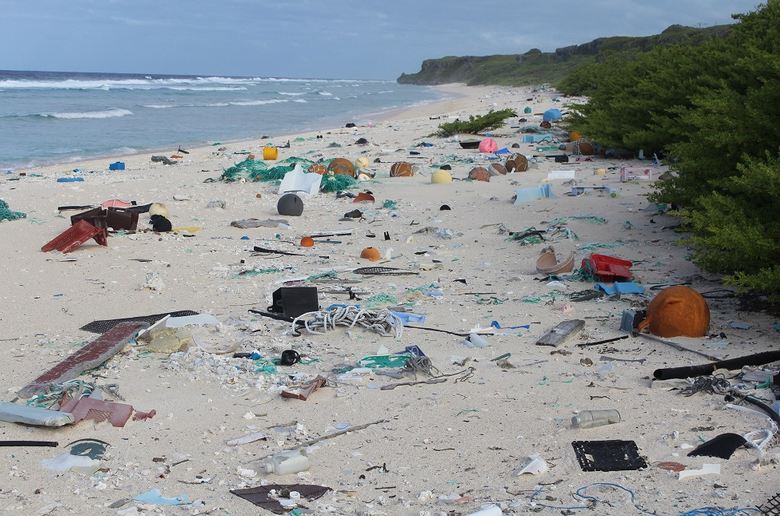New research raises awareness of the Galapagos Islands’ current situation. There has been found plastic inside marine animals and in the seawater.
Researchers discuss some “hotspots” where over 400 plastic particles were discovered per square meter of beach. And as if it wasn’t enough, the Galapagos Islands’ future is bleak. The predictions show the worst scenario ever for this region.
Here is what you need to know.
Plastic Pollution Puts Galapagos in Danger
The new research led by the Galapagos Science Center, the University of Exeter, and the Galapagos Conservation Trust (GCT) unveils Galapagos’ current situation, and things were never this worse.
The findings show most plastic pollution in Galapagos comes from ocean currents. Researchers discovered plastic on beaches, seawater, and inside marine animals on the island of San Cristobal.
The most threatened animals are the marine vertebrates, including sea turtles, white sharks, scalloped hammerheads, and sea lions. They get entangled or swallow plastic and die.

“The highest levels of plastic we found were on east-facing beaches, which are exposed to pollution carried across the eastern Pacific on the Humboldt Current,” explained Dr Ceri Lewis of Exeter’s Global Systems Institute.
More Findings
Researchers found large microplastics of 1-5mm, sieved from the surface 50mm of sand at 11 of 15 sites, and macroplastics at 13 of 14 sandy beaches, around 4,610 items.
Seven marine invertebrate species contained microplastic; 52% of the 123 contained plastic. And it gets worse. Huge accumulations of plastic were discovered in key habitats such as mangroves and rocky lava shores.Â
And all the seabed and seawater samples contained low concentrations of microplastics, while there were higher concentrations at the harbour.Â
The team examined 138 studies of plastic entanglement and ingestion at sea turtles and lions to investigate the possible impact of plastic on Galapagos marine vertebrates. More information should be soon available as researchers continue their work. Â












Leave a Reply